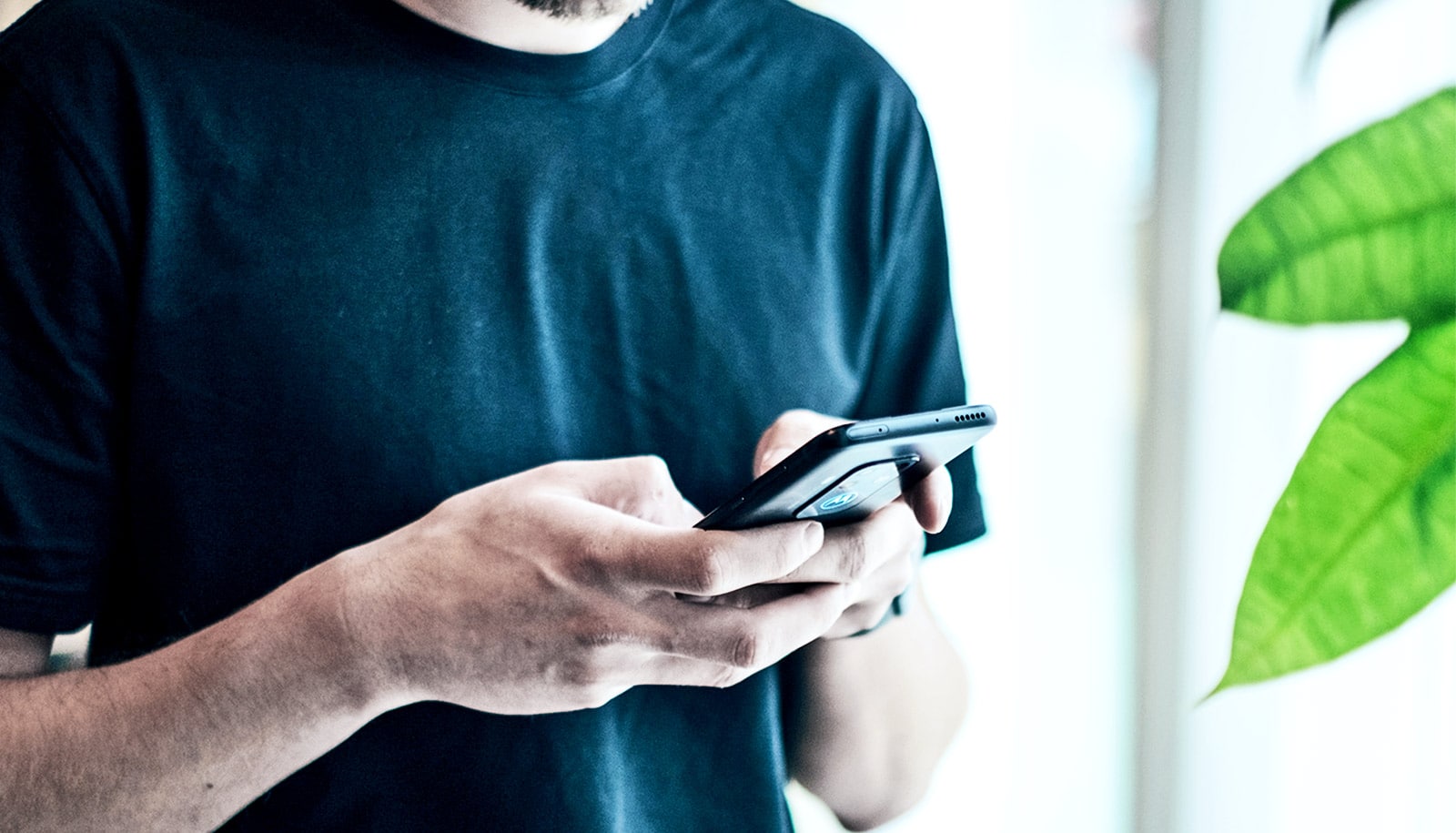A new app called CovidCare could help people in isolation self-monitor COVID-19 symptoms and also identify mental health needs, researchers report.
The app measures things like heart rate, body temperature, and shortness of breath to provide self-monitoring support to patients with symptoms or a diagnosis of COVID-19.
CovidCare also asks users questions about their emotional needs and how they’re coping, providing researchers with critical information about the effects of self-isolation on mental health due to COVID-19.
The app’s developers are now rolling out a clinical trial to test the safety and efficacy of the app. COVID-19 positive or symptomatic patients at participating respiratory clinics in Australia will use the app to regularly monitor their symptoms as well as their mental health during self-isolation.
Researchers will also conduct a sub-study to understand the emotional needs of people during self-isolation to help inform the effective management for mental health and well-being.
These results will inform government, research, and industry responses to future pandemics of this kind, says Victoria Palmer, associate professor in the general practice department at the University of Melbourne.
“This pandemic has changed the way we interact with others, and self-isolation will be a part of our lives as long as the pandemic continues,” she says. “We urgently need to document the mental health impacts for people and provide further support in the home context.”
“CovidCare is a tool that supports patients and clinicians,” says James Kane, chief executive officer at the digital product company Two Bulls, which helped develop the app.
“It puts patients in a position to confidently and correctly clarify the history of their symptoms should they make the decision to visit a doctor. It is a simple tool to monitor the symptoms of COVID-19 on a regular basis that can help people to feel more in control,” Kane says.
The team is exploring how remote health tools like CovidCare could change the landscape of the primary care sector in the long term.
“Apps and other digital means could be used for a range of chronic conditions, including targeted interventions for influenza, diabetes, and painful skin conditions such as cellulitis,” says Jeremy Goldin, an associate professor and senior respiratory physician.
Additional researchers from Swinburne University, Two Bulls, and the University of Melbourne contributed to the work.
Source: University of Melbourne



